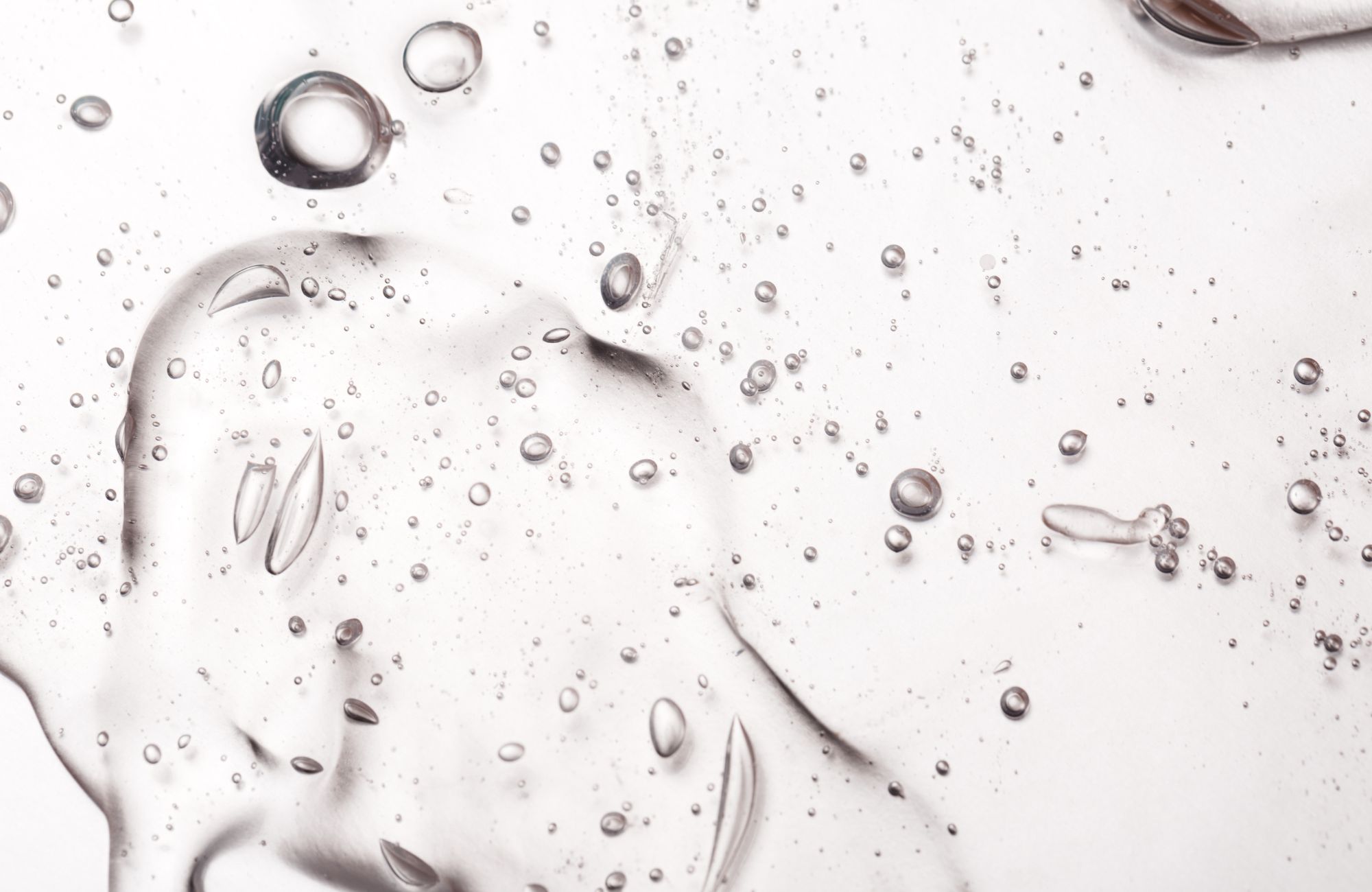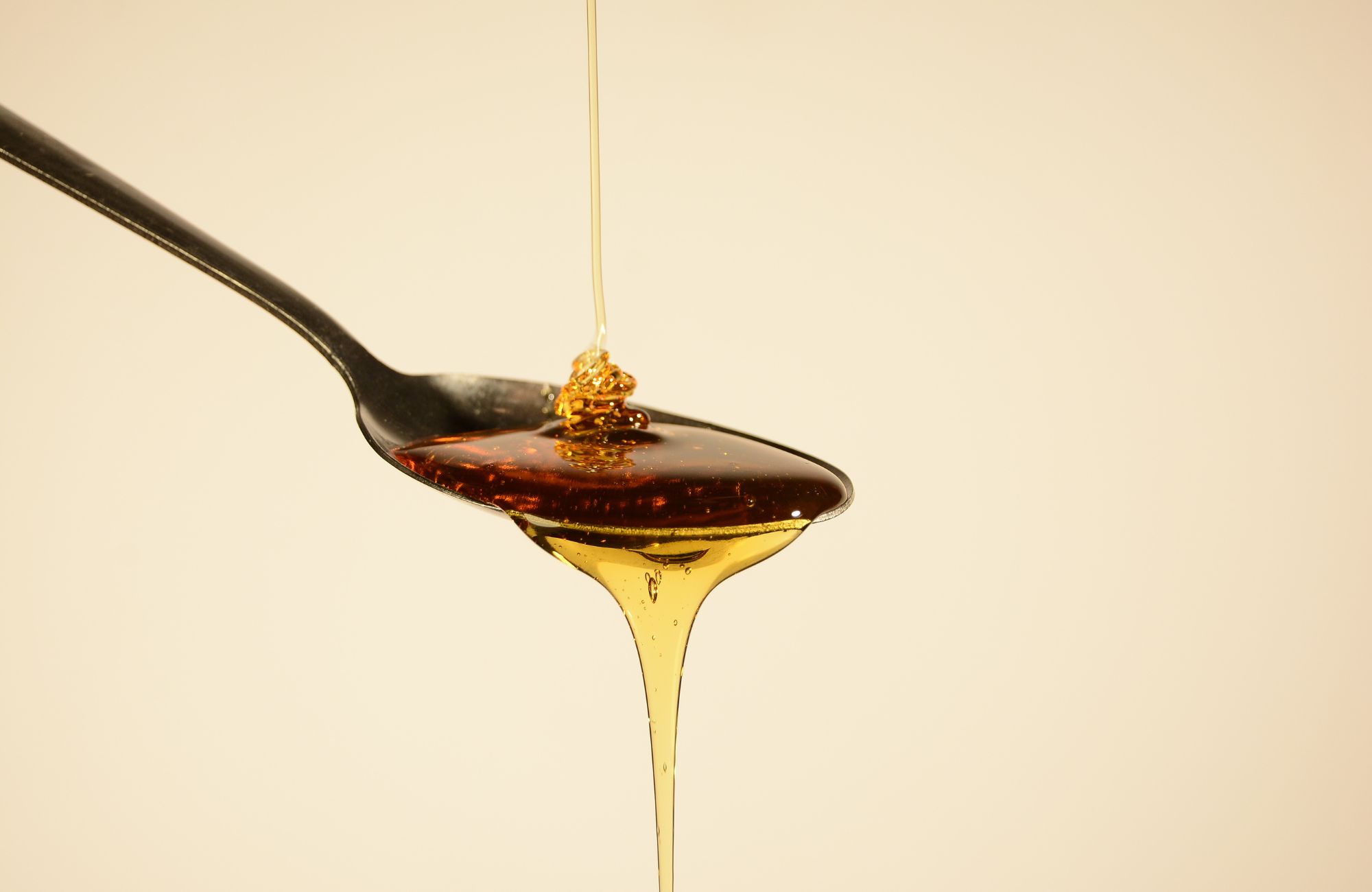
Does Citric Acid Go Bad?
If you’ve ever purchased bulk citric acid for cooking, cleaning, or other household uses, you might be wondering: does citric acid go bad? Whether you have an unopened package sitting in your pantry or an open container you’ve been using sparingly, understanding the shelf life and proper storage of this versatile ingredient is essential for maintaining its effectiveness.
In this comprehensive guide, we’ll explore everything you need to know about citric acid’s shelf life, storage methods, and how to tell if it’s time to replace your supply.
What is Citric Acid?
Citric acid is a naturally occurring, weak organic acid found in citrus fruits such as lemons, limes, oranges, and grapefruits. It’s what gives these fruits their sour taste. Its chemical formula is C₆H₈O₇, made up of carbon, hydrogen, and oxygen atoms.
The acid was first isolated from lemon juice in 1784 by Swedish chemist Carl Wilhelm Scheele. Today, it’s mostly produced through fermentation, using the mold Aspergillus niger to convert sugars like sucrose into citric acid.
Common Forms of Citric Acid
Citric acid is available in different forms, depending on its use:
- Anhydrous citric acid – dry form without water
- Citric acid monohydrate – contains one water molecule per citric acid molecule
- Citric acid solution – dissolved in water
- Food grade and technical grade – based on purity and intended application
Common Uses of Citric Acid
As a versatile ingredient, citric acid serves numerous functions across different industries:
| Industry | Uses of Citric Acid |
|---|---|
| Food & Beverage | Flavoring agent, preservative, pH regulator, antioxidant |
| Cleaning | Descaling agent, water softener, bathroom cleaner |
| Cosmetics | Skincare (alpha hydroxy acid), pH adjuster |
| Pharmaceuticals | Effervescent tablets, blood anticoagulant, kidney stone treatment |
| Industrial | Metal cleaning, textile treatment |
Its role in the human body is equally important, as it participates in the Krebs cycle (also known as the citric acid cycle), a fundamental process in cellular metabolism that generates energy from carbohydrates, fats, and proteins.
Does Citric Acid Actually Expire?
Citric acid is a very stable compound and doesn’t spoil like most foods. While it may come with an expiration date—usually around three years after production—this date mainly reflects when the product is expected to be at its best quality, not when it becomes unsafe. In reality, if stored properly in a cool, dry place and kept sealed, citric acid can last five years or more without losing effectiveness.
Its long shelf life is thanks to its naturally acidic properties. The low pH makes it resistant to bacteria, mold, and other microbes that typically cause spoilage. In fact, citric acid is often used as a preservative in food and cleaning products precisely because it helps prevent things from going bad.
Shelf Life of Citric Acid
The shelf life of citric acid depends on several factors, including its form (powder vs. solution), storage conditions, and whether the package has been opened.
Unopened Citric Acid
- Citric acid powder: When stored in its original sealed container away from moisture and in a cool environment, unopened citric acid powder can last for several years—generally 3-5 years or more.
- Citric acid solution: Liquid formulations typically have a shorter shelf life of about 2-3 years when unopened.
Opened Citric Acid
- Powder: Once opened, if stored in an airtight container in a dry place away from heat and direct sunlight, citric acid powder can maintain its effectiveness for up to 3-5 years.
- Solution: Opened citric acid solutions should ideally be used within 1-2 years.
It’s worth noting that citric acid doesn’t have a strict expiration date in the sense that it becomes dangerous after a certain point. Rather, its potency and quality may gradually diminish over time, especially if exposed to unfavorable conditions.
Signs of Citric Acid Degradation
While citric acid is quite stable, it can degrade over time. Here are the key indicators that your citric acid might be past its prime:
Visual Changes
- Discoloration: Fresh citric acid is typically white and crystalline. If it turns yellow or brown, this suggests degradation.
- Clumping: Excessive clumping beyond what can be broken apart easily could indicate moisture absorption.
- Visible mold: Although rare due to citric acid’s preservative properties, the presence of mold indicates contamination.
Odor Changes
- Fresh citric acid has a mild, slightly acidic smell.
- The development of a strong, vinegar-like odor might indicate degradation.
- Any unusual or off-putting smell suggests the acid has undergone unwanted chemical reactions.
Functional Changes
- Reduced acidity when dissolved in cold water
- Less effective as a cleaning agent or food additive
- Changes in solubility (doesn’t dissolve as readily)
If you notice any of these signs, it may be time to replace your citric acid supply, especially if you’re using it for precise applications in home cooking or for preservation purposes.
Degradation Mechanisms
Understanding how citric acid degrades can help you better prevent it. There are several primary mechanisms:
Heat Degradation
When exposed to high temperatures, typically above 180°C (356°F), citric acid begins to decompose, producing several byproducts such as aconitic acid, itaconic acid, acrylic acid (gas), carbon dioxide (gas), acetic acid, and acetone.
Moisture-Induced Degradation
It is hygroscopic, meaning it easily absorbs moisture from the air, which can lead to clumping and hardening, reduced potency, and the potential to trigger unwanted chemical reactions.
Oxidation
Over extended periods, especially when exposed to sunlight or oxygen, citric acid can undergo slow oxidation, affecting its properties and effectiveness.
Microbial Growth
While citric acid itself inhibits most microbial growth, contamination with other substances can introduce microorganisms that might survive in pockets where the acid concentration is diluted.
Proper Storage of Citric Acid
To maximize the shelf life of your citric acid, follow these storage guidelines:
Temperature Control
- Store between 50-86°F (10-30°C)
- Avoid temperature fluctuations
- Keep away from heating sources and appliances
Humidity Management
- Maintain relative humidity below 50% if possible
- Use a dry storage area like a pantry
- Consider using desiccants for long-term storage
Container Selection
- Use an airtight container preferably made of glass or food-grade plastic
- Ensure the lid seals completely
- Original packaging is often designed for optimal storage
Location Considerations
- Store away from direct sunlight
- Keep away from baking soda and alkaline substances that could neutralize the acid
- Store separately from strong oxidizing agents
Special Precautions
- Never add water directly to stored citric acid powder
- Always use a clean, dry utensil when scooping out citric acid
- Keep away from children and pets
A simple storage solution for home use is to transfer citric acid to a clean, dry glass jar with a tight-fitting lid and store it in a cool, dark cabinet away from your cooking area to avoid heat exposure.
Using “Expired” Citric Acid
If you discover citric acid that’s past its labeled expiration date but shows no signs of degradation, it’s generally still usable for most applications. However, its effectiveness may be somewhat reduced.
For less precise applications such as general household cleaning, slightly older citric acid will likely work just fine. For more sensitive uses, particularly in food preparation or when exact acidity levels are crucial, using fresh citric acid is recommended.
Environmental Considerations
Citric acid is environmentally friendly as it’s biodegradable and derived from renewable resources. When discarding old citric acid, you can typically do so without special precautions, as it won’t harm the environment.
In fact, it is widely used in eco-friendly cleaning products precisely because it breaks down naturally without leaving harmful residues. Its role in the Krebs cycle means it’s a substance that organisms naturally process.
For disposal:
- Small amounts can be diluted with water and poured down the drain
- Larger quantities can be gradually disposed of over several days
- Dry powder can be added to compost in small amounts (it will lower pH)
Conclusion
Citric acid is a highly stable and versatile compound with a long shelf life when stored correctly. Although most products carry an expiration date of around three years, citric acid kept in a cool, dry, airtight environment can remain effective for five years or more. Proper storage ensures it retains its potency for use in everything from food and beverages to cleaning and DIY applications.
At US Sweeteners, we offer premium-grade citric acid powder and a wide range of food additives to meet your culinary and industrial needs. Whether you’re a home cook, food manufacturer, or formulator, you can count on our high-quality ingredients and expert support. Contact us today and make the most of every ingredient you use.
FAQs
How long can you keep citric acid?
Properly stored citric powder can be kept for 3-5 years after opening and even longer in its unopened original packaging. The key is keeping it in an airtight container in a cool, dry place away from direct sunlight.
Is it okay to use out-of-date citric acid?
Yes, it’s generally okay to use it past its expiration date if it shows no signs of degradation (discoloration, unusual odor, or extreme clumping). While it may have slightly reduced potency, it remains safe to use for most applications.
Can citric acid be bad?
It rarely “goes bad” in terms of becoming unsafe, but it can degrade and lose effectiveness over time, especially when exposed to moisture, heat, or contaminants. If your citric acid has changed color or developed an unusual smell, it’s best to replace it.
Does citric acid expire?
Most acids have remarkable stability and don’t spoil like typical food products. While citric acid expiration dates are usually listed on the packaging, they mainly indicate when the product’s potency might begin to decline—not when it becomes unsafe to use. In most cases, properly stored citric acid remains effective well beyond its labeled expiration date.



Leave a Reply